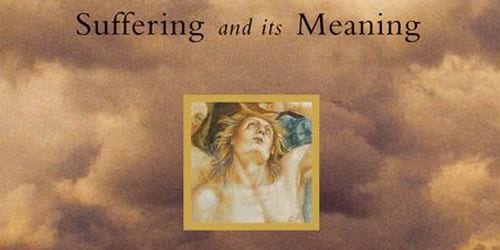
This is the case with Peter Trachtenberg’s beautiful and disturbing The Book of Calamities, which makes greater demands on your emotional capital than on your economic capital. Trachtenberg takes the reader from Ground Zero to Rwanda, from upstate New York hospitals to New Orleans in the aftermath of Katrina.
Still, if the stories — testimonies, really — that make up a great part of the book are poignant and horrifying, they are also inspiring.
I was reminded of Elizabeth Kübler-Ross’s On Death and Dying. Yet, whereas Kübler-Ross’s analysis ultimately provides the reader with a schema for understanding the process of dying from a structural and psychological (quasi-scientific) perspective, Trachtenberg’s methodology is phenomenological. Trachtenberg is not interested in calamity as an object of study, but as a lived experience.
Trachtenberg’s own encounter with drug-addiction is subtly and humbly weaved into the numerous, first-hand accounts of the calamities suffered by others, and helps to frame each chapter. As he grapples with suffering, he draws from philosophy, psychology and the Ancient Greeks, particularly Sophocles, for help in determining how and what calamity means.
There’s no grand outline or powerful lesson, here. Rather, Trachtenberg seems to come to the same conclusion that Susan Sontag reaches in Regarding the Pain of Others. Rethinking her earlier claims in On Photography, she ultimately decides that the images of violence and atrocity demand our attention; we are morally obligated to look at the horror. Similarly, Trachtenberg concludes: “The just treatment of suffering begins with seeing”; instead, too often we turn away. If this sounds anti-climactic, it also rings true.
Trachtenberg is sensitive, erudite and compassionate, and one learns a lot about compassion from his book. I don’t know if the Ancient Greeks he cites would have agreed with his (or Sontag’s) conclusion. When Oedipus is bleeding onstage (he physically blinds himself offstage), Creon chides the chorus for allowing such a spectacle to take place. No one but the family should have to endure such a sight, he says.
Nietzsche, too, argues that pity brings suffering into the world. And much of Buddhist philosophy, which Trachtenberg also draws from, reads counter to the Freudian notion that our sufferings and anxieties must be given voice and aired. For much of eastern philosophy, the rehashing of past traumas and horrors only serves to give them new life.
This is not a criticism of Trachtenberg’s book; rather, it’s an indication of the extent to which it has compelled me to consider and reconsider the nature of suffering — my own as well as that of others.

![Call for Papers: All Things Reconsidered [MUSIC] May-August 2024](https://www.popmatters.com/wp-content/uploads/2024/04/all-things-reconsidered-call-music-may-2024-720x380.jpg)



